Understanding SARS-CoV-2-Mediated Inflammatory Responses: From
Por um escritor misterioso
Descrição
Currently there is no effective antiviral therapy for SARS-CoV-2 infection, which frequently leads to fatal inflammatory responses and acute lung injury. Here, we discuss the various mechanisms of SARS-CoV-mediated inflammation. We also assume that SARS-CoV-2 likely shares similar inflammatory responses. Potential therapeutic tools to reduce SARS-CoV-2-induced inflammatory responses include various methods to block FcR activation. In the absence of a proven clinical FcR blocker, the use of intravenous immunoglobulin to block FcR activation may be a viable option for the urgent treatment of pulmonary inflammation to prevent severe lung injury. Such treatment may also be combined with systemic anti-inflammatory drugs or corticosteroids. However, these strategies, as proposed here, remain to be clinically tested for effectiveness.

Pulmonary surfactant-mediated inflammatory response against SARS-CoV-2
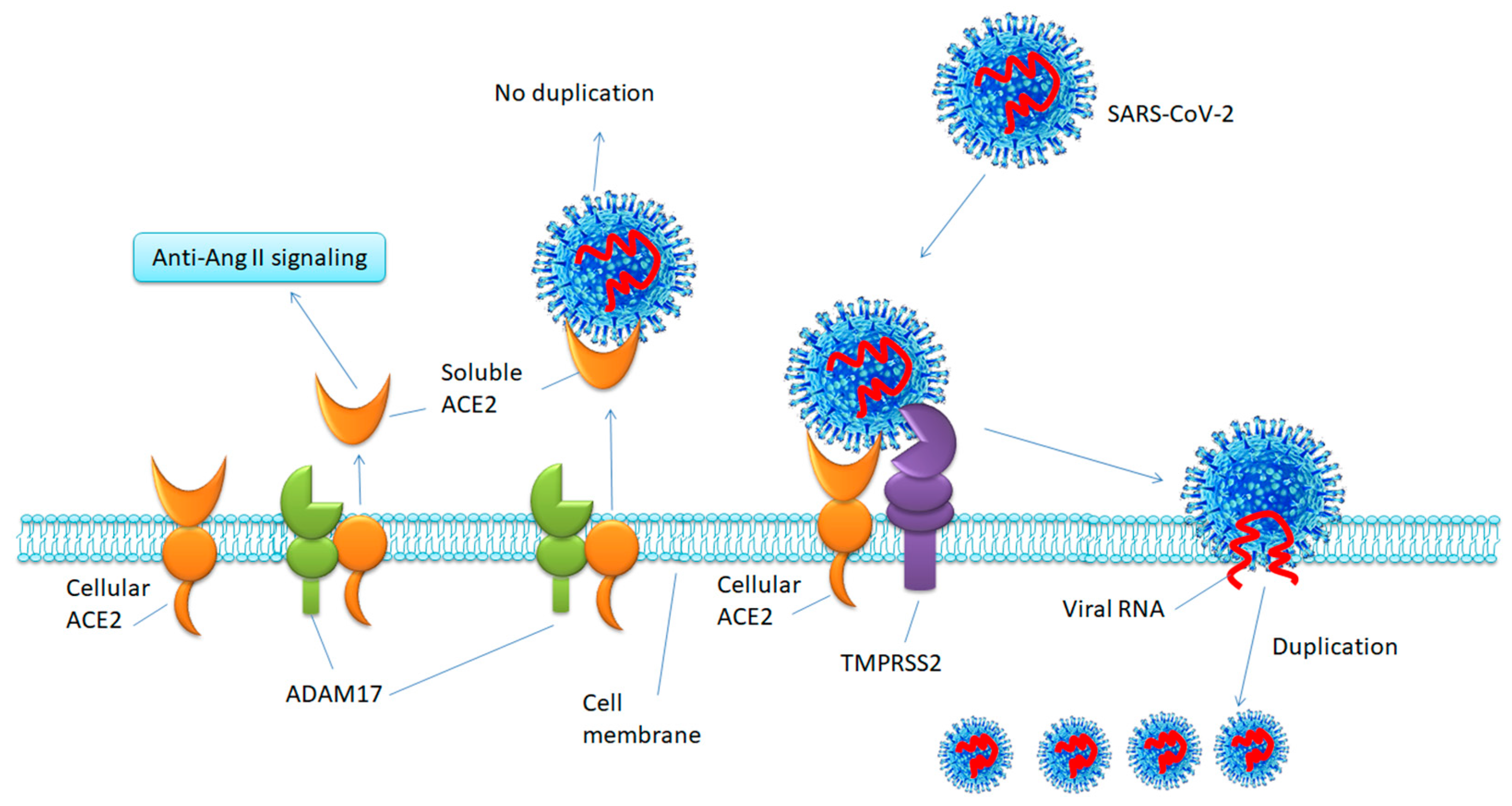
Viruses, Free Full-Text
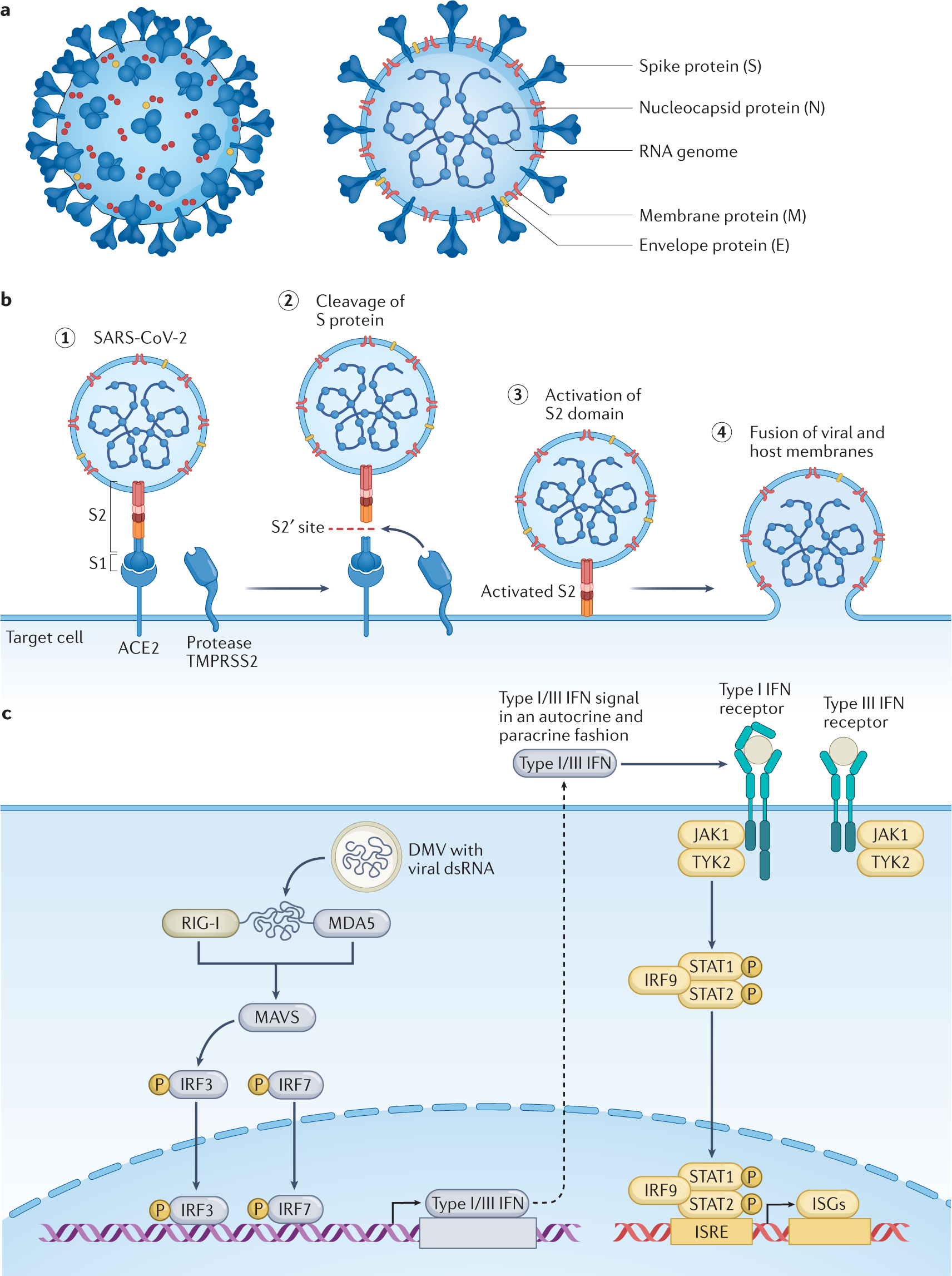
SARS-CoV-2 pathogenesis Nature Reviews Microbiology

Impaired local intrinsic immunity to SARS-CoV-2 infection in severe COVID-19 - ScienceDirect

SARS-CoV-2 Initiates Programmed Cell Death in Platelets

Inflammatory Response Leads to Neuronal Death in Human Post-Mortem Cerebral Cortex in Patients with COVID-19

Pathogenesis, Symptomatology, and Transmission of SARS-CoV-2 through Analysis of Viral Genomics and Structure
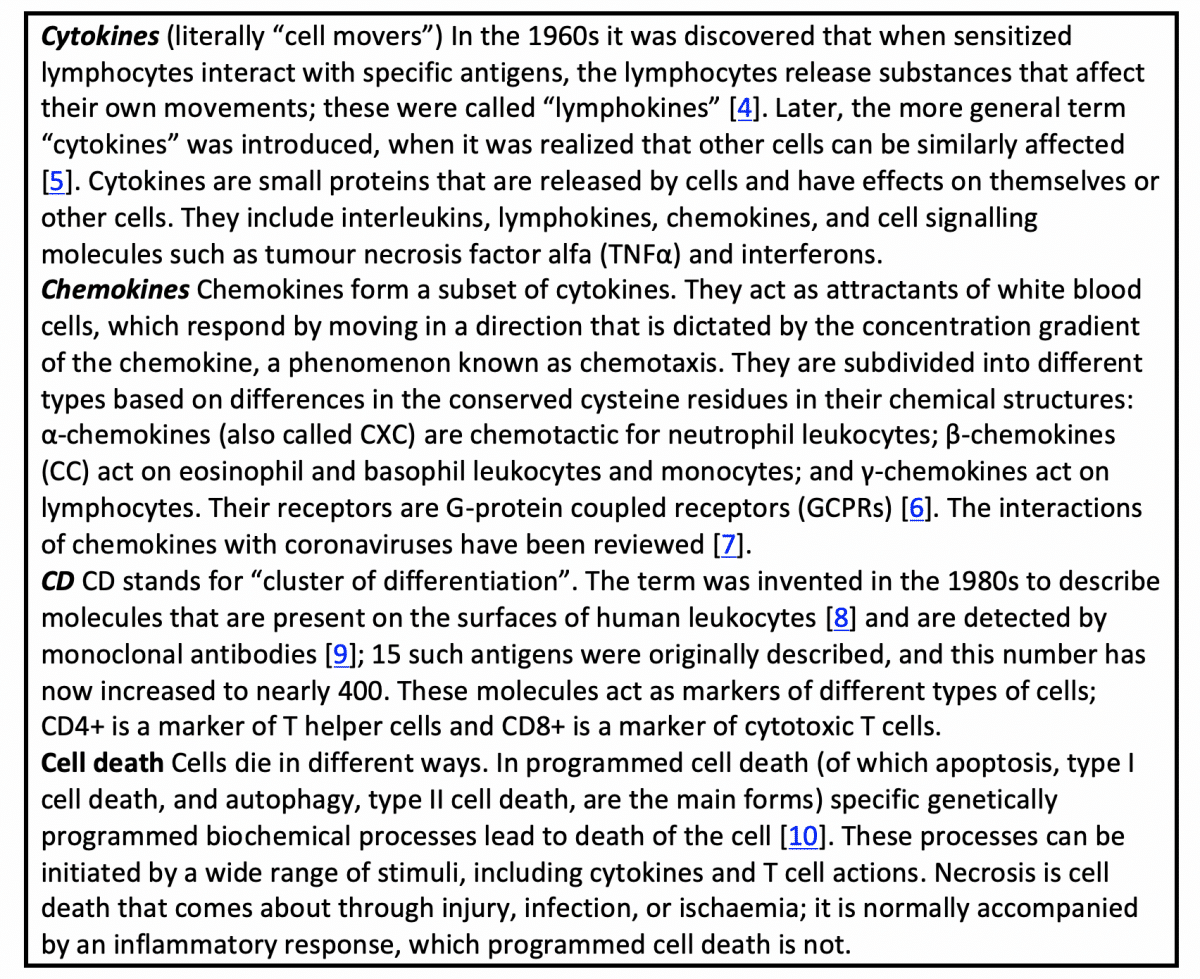
What is the role of T cells in COVID-19 infection? Why immunity is about more than antibodies - The Centre for Evidence-Based Medicine
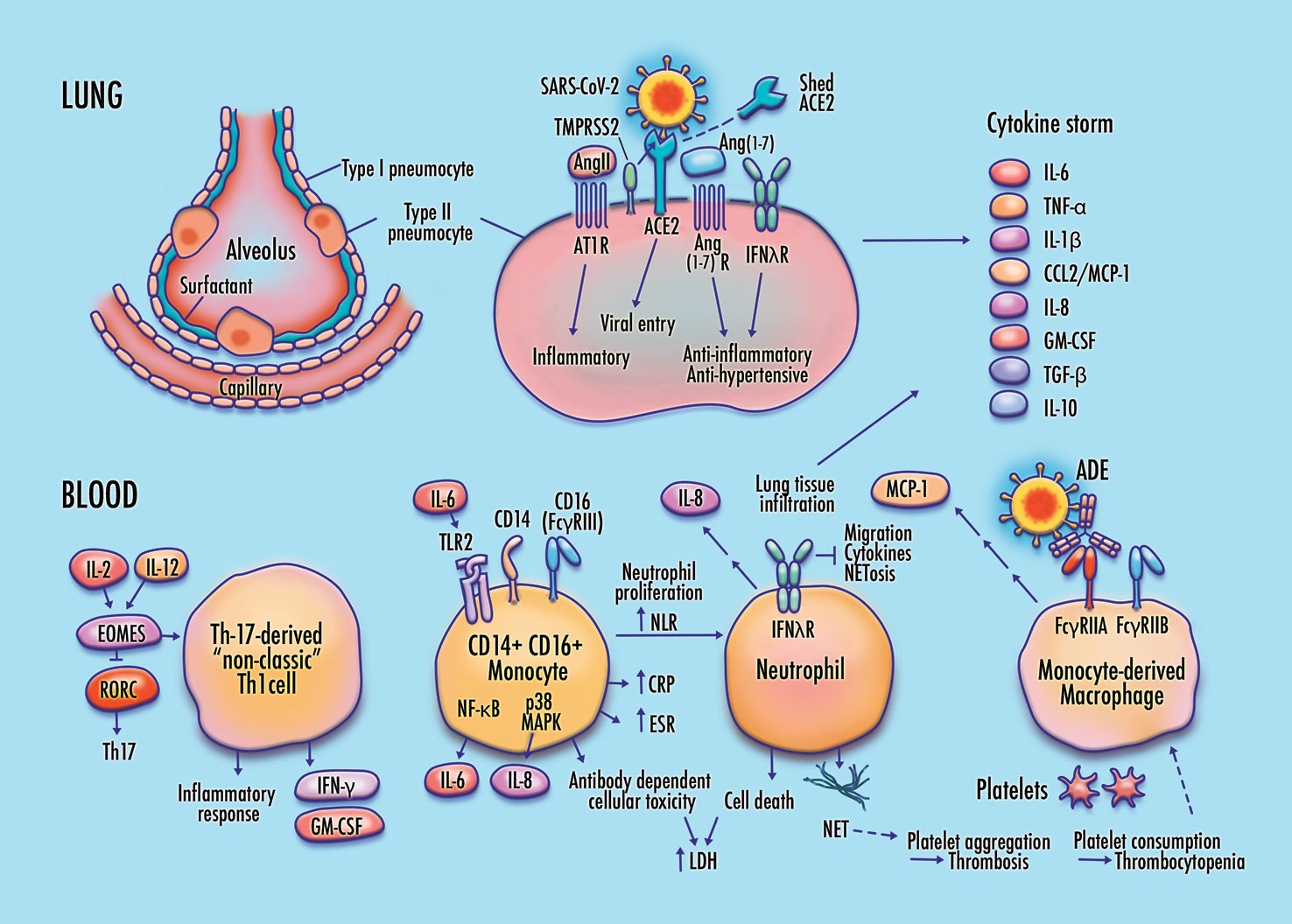
Frontiers Cellular and Molecular Pathways of COVID-19 and Potential Points of Therapeutic Intervention

Most Cited Virologica Sinica Articles

An Integrated Radiologic-Pathologic Understanding of COVID-19 Pneumonia
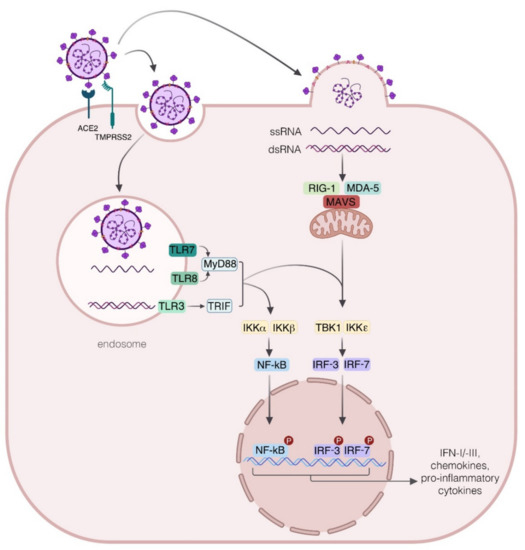
IJMS, Free Full-Text
de
por adulto (o preço varia de acordo com o tamanho do grupo)






